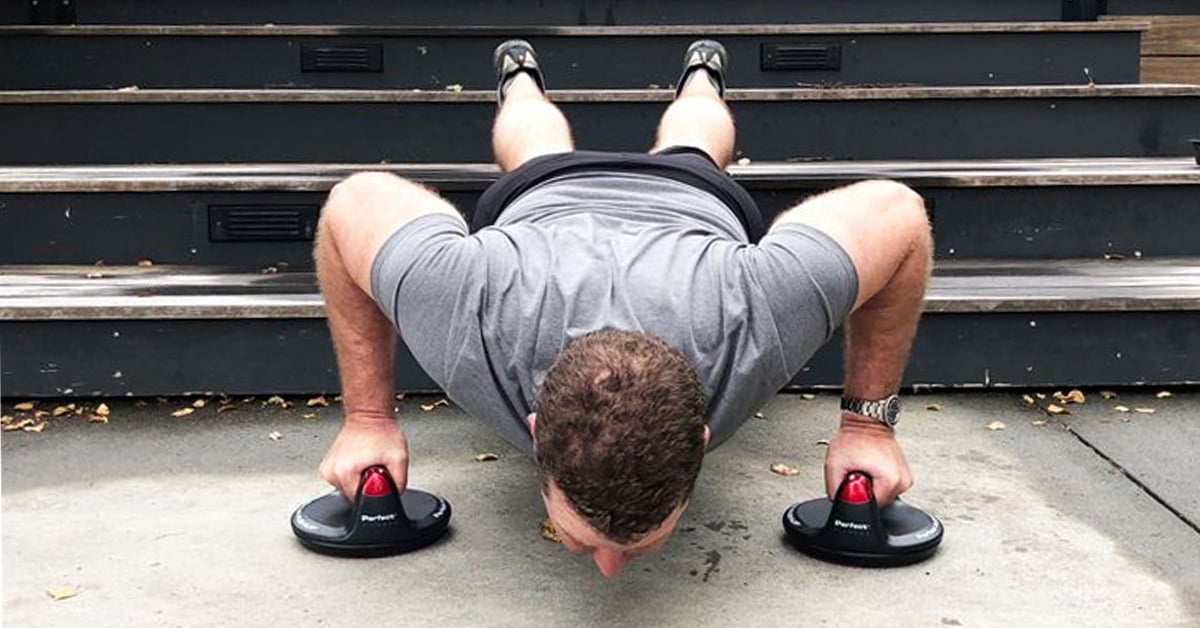Are people with positive outlooks genetically predisposed to greater levels of life satisfaction? On the contrary. Humans were built to survive, and negative emotions are hard-wired and were at one point beneficial to our advancement. The same anxiety that keeps you from following your goals once kept you safe from the threat of a wooly mammoth stampede—but mammoths are no longer a threat to our survival, and our fear of the unknown has not gone away.
There is no such thing as a positive attitude gene, and genetics account for no more than 50% of life satisfaction. This leaves 40% attributable to intentional activities, and 10% attributable to external events. An optimistic person almost stumbles into feelings of happiness due to the behaviors that they engage in daily. Positive life satisfaction comes from a long-term commitment to actions such as connecting with people, being active, engaging in meaningful work, continuing to learn, and giving to others. Since happiness and positive life satisfaction have so much to do with long-term behavior, happiness and positive attitudes are teachable.
The 3 Fundamental Positivity Gym Exercises
Going to the gym to work out, love it or hate it, has several advantages over other forms of personal training and exercise. Firstly, you have to carve out time in your schedule that is set aside just for that purpose. This helps keep you focused on the tasks at hand. Secondly, you normally have access to an increased variety of exercise equipment than you might have at home. Thirdly, going to the gym is an experience that you share with other like-minded people, including experts in personal training and classes. The overall strategy is to make your fitness routine as easy, focused, and effective as possible.
When it comes to fitness routines for your mindset, some practices will feel similar to going to an actual gym, such as setting aside a particular place and time to practice, accessing the tools you need to meet your goals, and being around others who can support you. The three fundamental “positivity gym” exercises are Push/Pull (playing the opposite game), Deadlift (getting deeply curious), and Core (creating a positive mantra). We’ll go over what these exercises are and how to incorporate them into your routines in the next few lessons.
As with physical fitness, starting with small steps is essential. If you’re not in the habit of working out your mind, it will be difficult to make it a part of your daily routine. Picking one exercise and beginning with 5-10 minutes per day is a great way to start. As you get more comfortable, you can add on time and additional exercises. Remember, the goal is to make it a habit so that it becomes something you do automatically.
Ready to work out your mind and build up your positive outlook?
Check out all three mindset workouts at the Positivity Gym:
Push/Pull: Play the Opposite Game
Deadlift: Get Deeply Curious
Core: Create a Positive Mantra
Intro: There’s No Gene for Positive Attitudes





